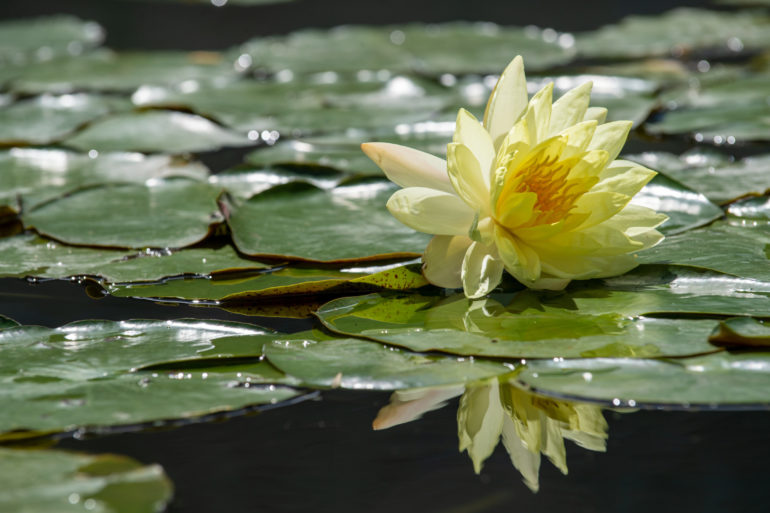The teachers and counselors of the S+Well Department, which stands for Support and Wellness, encourage everyone in the Punahou community to find a healthy balance in life. They share these wellness tips.
April
The saying, “olakino maika’i,” means our health doesn’t just consist of our physical selves. Olakino maika’i encompasses understanding our health, including our mind, body and spirit. There is a saying that “your diet is not only what you eat. It is what you watch, what you listen to, what you read, the people you hang around. Be mindful of the things you put into your body emotionally, spiritually and physically.”
Being mindful sounds simple, but it really isn’t. We have over 6,000 thoughts per day. That’s a lot! We often multi-task and can be easily distracted. We invite you to think about the last time you took some time to actually be present in the moment. When was the last time you embraced the moment you are in?
One activity we practice in our S+Well courses is 5-4-3-2-1. Try it the next time you are feeling distracted. Try to notice: five things you see; four things you can touch; three things you can hear; two things you can smell; one thing you can taste.
March
Spring break is right around the corner. The Chapel theme this month is na’auao (wisdom, knowledge, and insight). This school year has been filled with many adversities, but something positive that has come from it is the wisdom and knowledge we have gained. Our community has persevered and created a safe and new normal. We have come together and found the silver lining in these adversities and showed our ability to think out of the box.
An activity that our Academy classes practice is “reframing.” We encourage you all to practice reframing and having a growth mindset. When we reframe, we adjust our thinking to view an experience differently.
During COVID-19, our routines were shuffled in ways that weren’t comfortable or easy. Often, we were required to sacrifice more than felt appropriate and many of our ideas about boundaries were challenged. And we learned how much we appreciate and rely on the people who deliver our mail, provide our groceries and collect garbage.
To reframe COVID, we can seek opportunities to appreciate this experience. Were you able to read more? Or perhaps improve your baking skills? Did you rediscover game night? Or puzzles? How grateful are your pets that you are home more? This worksheet from Harvard University’s Stress & Development Lab might help you practice reframing experiences in your life.

